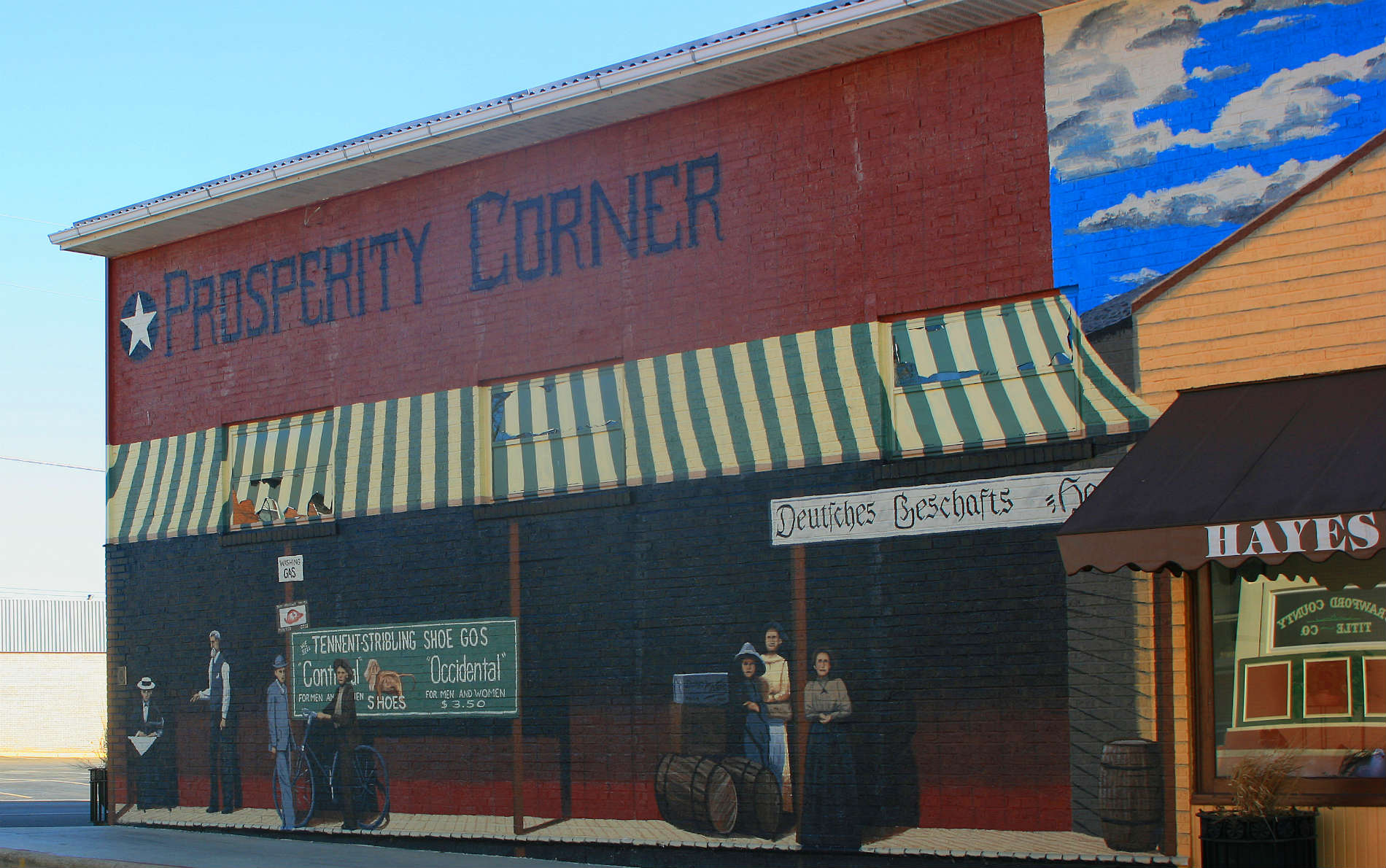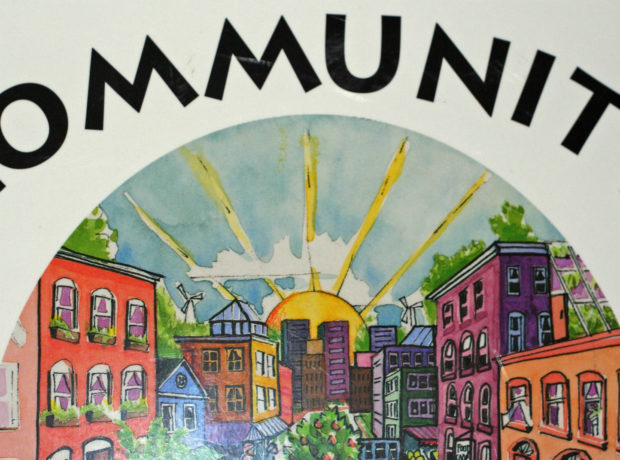Austerity is not a single policy choice. It involves a multitude of decisions about where and how the axe falls. Cuts to jobs, services, benefits and pension entitlements all save money. But raising taxes on corporations, consumers, employees and property owners can have a similar transformatory effect on government finances.
And at the same time, all governments faced by economic difficulties want to take action, and spend money, to stimulate a recovery. Again, there are a vast array of options: encourage businesses to expand, consumers to spend, house-renters to become home-owners….
Depending on the choices we make – where to cut, where to tax and where to spend – we will end up with very different societal outcomes. So shouldn’t we think very seriously about the outcomes we aspire to, in essence, our vision of future prosperity?
We have asked a range of people from organisations with very different political, social and economic priorities to share with us their perspectives on prosperity (and how we get there). We hope that this will stimulate deeper thinking about the society we want to be, and the policies we should therefore prioritise.
Our first perspective comes from Lewis Brown from the Centre for Policy Studies. He argues that austerity is a dangerous idea because it can convince us that, after a few years of spending restraint, we can return to our old profligate ways. This is misguided, he argues, and instead we should concentrate on fostering a more entrepreneurial society by shrinking the state, lowering tax rates and increasing the productivity of the workforce.
Neal Lawson and Arrun Degenhardt from Compass are also fearful about our failure to tackle the underlying problems. But for them, the key issues are a failure to deal with rampant inequality, climate change and banks that are too big to fail. They therefore argue that future prosperity is dependent on our ability to transform our vision of the economy so as to make it into the enabler of a good society, rather than the ultimate end in and of itself.
Polly Trenou from the Women’s Budget Group is also worried about inequality. She argues that the government’s austerity measures have exacerbated inequality between men and women. Instead we should be aiming for a more equal society and she argues for a feminist plan (‘Plan F’) to revive the economy, built on social infrastructure spending on areas such as education, health, and care work and financed through imaginative and fairer forms of taxation.
Laura Wilkes and Simon Parker, from the New Local Government Network argue for the importance of a focus on the local and a concentration on ‘increased social capital to enable communities to be resilient and foster for themselves the quality of life that is so important to local prosperity’. They therefore argue for investment in services which generate social capital, like museums, libraries, community centres, parks and leisure facilities, as well responsible alternatives to current social ills such as credit unions to replace pay-day lenders, and local food markets instead of junk food outlets.
Finally, Sue Bent, Director of Coventry Law Centre, talks about the problems facing vulnerable and marginalised communities in places like Coventry. She argues that, in our resource constrained environment, we need to tap into the strengths of those communities and help foster networks which will support the most isolated people within them. And she argues that we must ensure that the financial resources we do have are not just focused on dealing with crises, but also at preventing crises from occurring in the first place.
Too often debates about austerity and conducted in a binary fashion (are you for or against?). We hope that a more multi-polar set of perspectives (and there are more to follow), which engage with what our destination should look like, as well as the roadmap for how we get there, will stimulate a deeper discussion about the society we want to be.
Photo by alan berning








